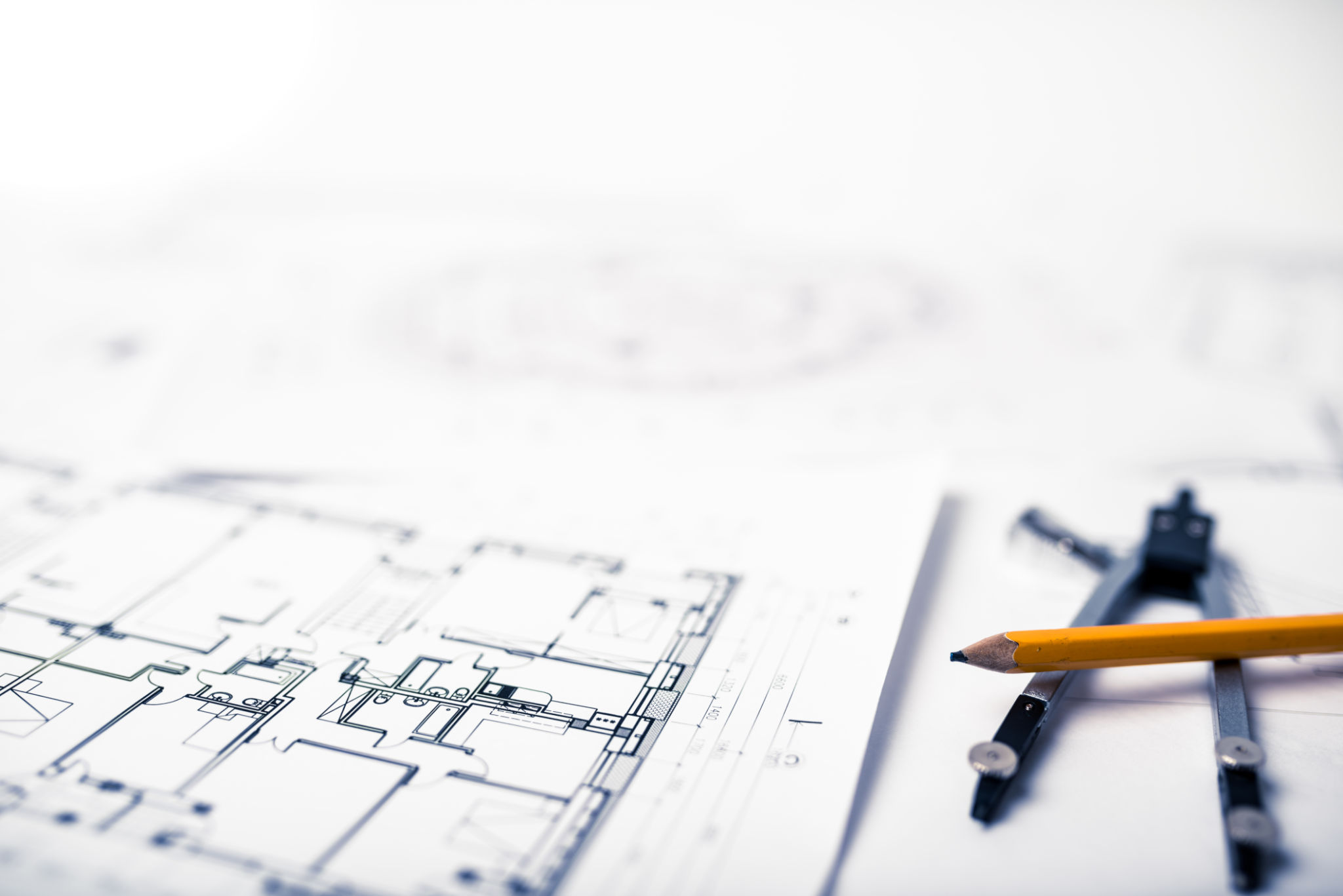Comprehensive Guide to Real Estate Development: From Concept to Completion
EC
Real estate development is a multifaceted process that transforms raw land or existing properties into thriving spaces for living, working, and entertainment. This comprehensive guide will walk you through the various stages of real estate development, from the initial concept to the final completion.
Understanding the Initial Concept
Every successful real estate project begins with a solid concept. This initial phase involves identifying the purpose of the development, whether it's residential, commercial, or mixed-use. Market research is crucial at this stage to understand the demand and potential profitability of the project. Developers need to assess the site's feasibility by considering factors such as location, zoning laws, and environmental impact.

Market Analysis and Feasibility Study
Conducting a detailed market analysis is essential to gauge the viability of the project. This includes studying demographic trends, economic indicators, and competition in the area. A feasibility study will help in estimating costs, potential revenue, and ROI (Return on Investment). This step is critical to ensure that the project aligns with market demands and financial expectations.
Design and Planning
Once the concept is clear and feasible, the next step involves design and planning. Hiring an experienced architect and design team is crucial. They will create detailed plans that include site layout, building designs, and landscaping. During this phase, developers must also work closely with urban planners to ensure compliance with local regulations and building codes.

Securing Financing
Real estate development requires significant financial investment. Securing financing can involve a mix of personal equity, bank loans, and investors. Developers must present a compelling business plan to potential financiers, showcasing projected returns and risk assessments. Building strong relationships with financial institutions is often key to obtaining the necessary funding.
Construction Phase
With financing in place and designs approved, the project moves into the construction phase. This stage involves hiring contractors, sourcing materials, and managing the construction timeline. Effective project management is vital to ensure that construction stays on schedule and within budget. Regular site inspections help in maintaining quality control and addressing any issues promptly.

Marketing and Sales
As construction progresses, marketing efforts ramp up to attract potential buyers or tenants. A strong marketing strategy includes online listings, open houses, and advertising campaigns. Establishing a brand presence early can build anticipation and drive demand. Sales teams work to convert interest into contracts before construction is even completed.
Completion and Handover
The final stage of real estate development is completion and handover. This involves final inspections, ensuring all aspects of the project meet quality standards, and obtaining necessary certifications. Once satisfied, developers hand over keys to new owners or tenants. Post-completion services may include property management or customer support to address any concerns from occupants.

Real estate development is a complex journey that requires careful planning, execution, and collaboration across various disciplines. By understanding each stage of this process, from concept to completion, developers can create successful projects that meet market needs and deliver profitable returns.